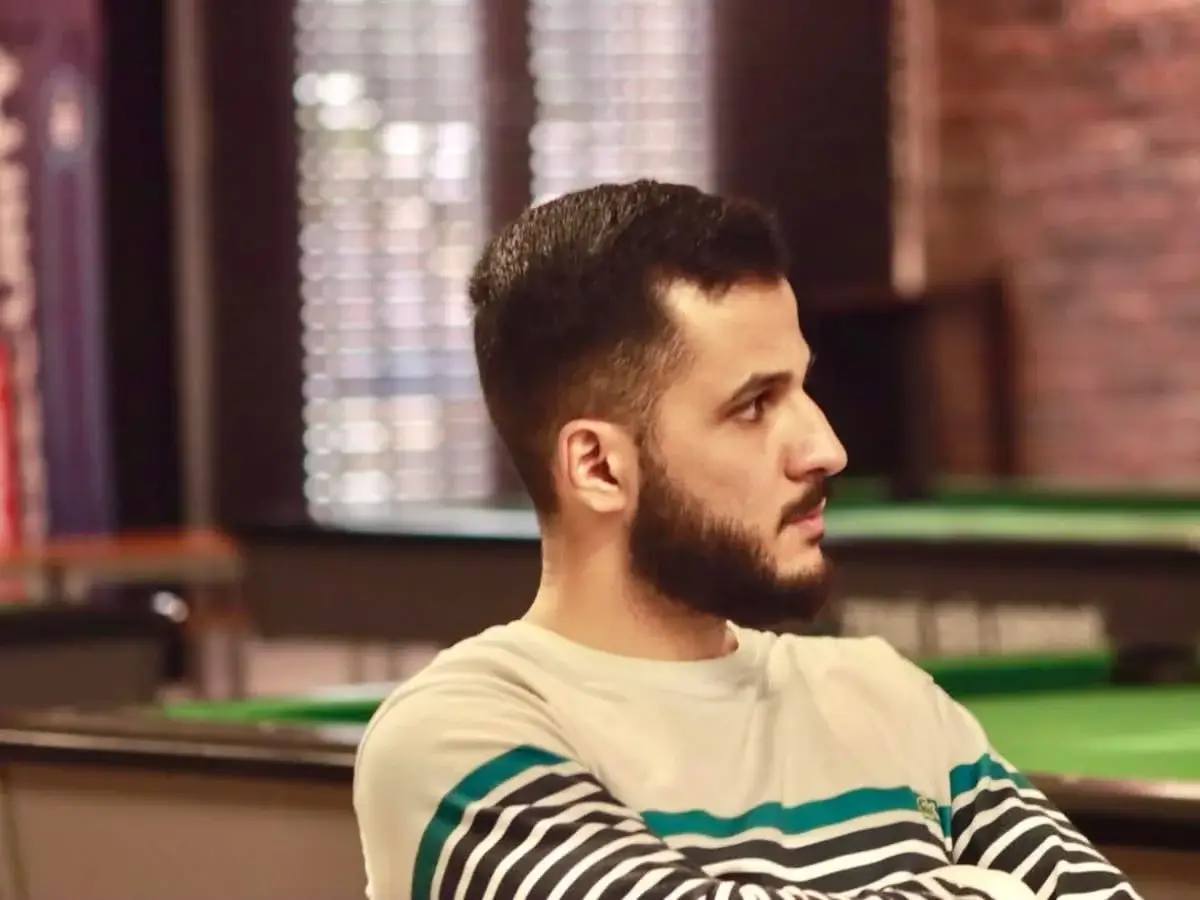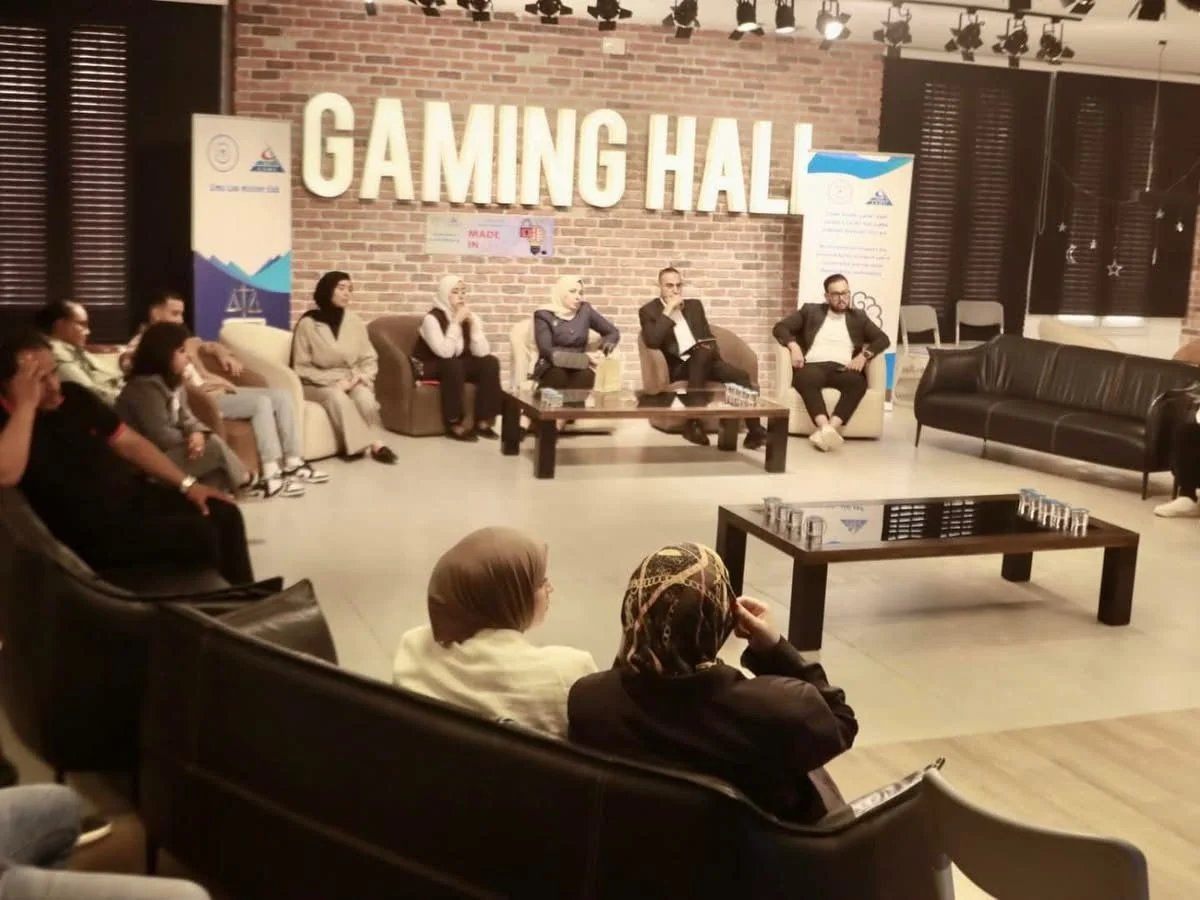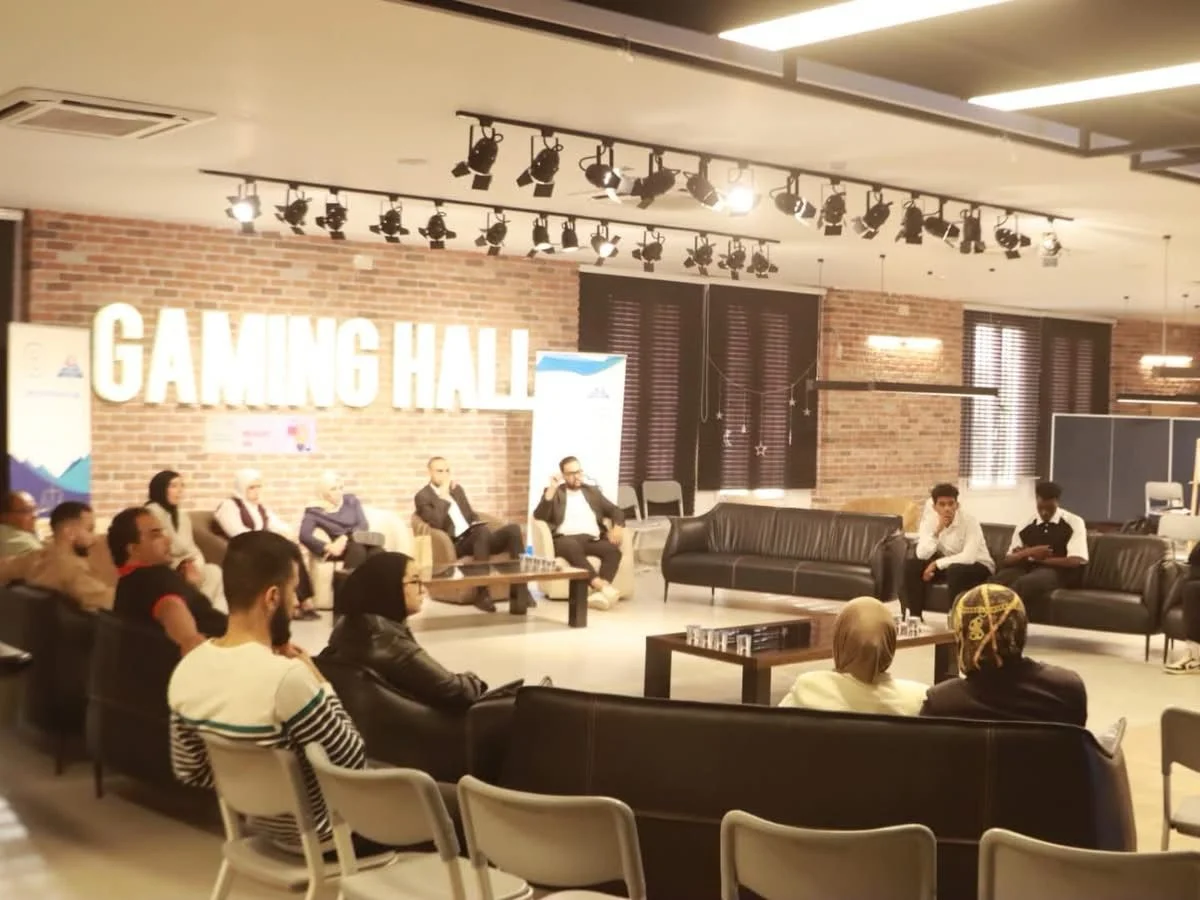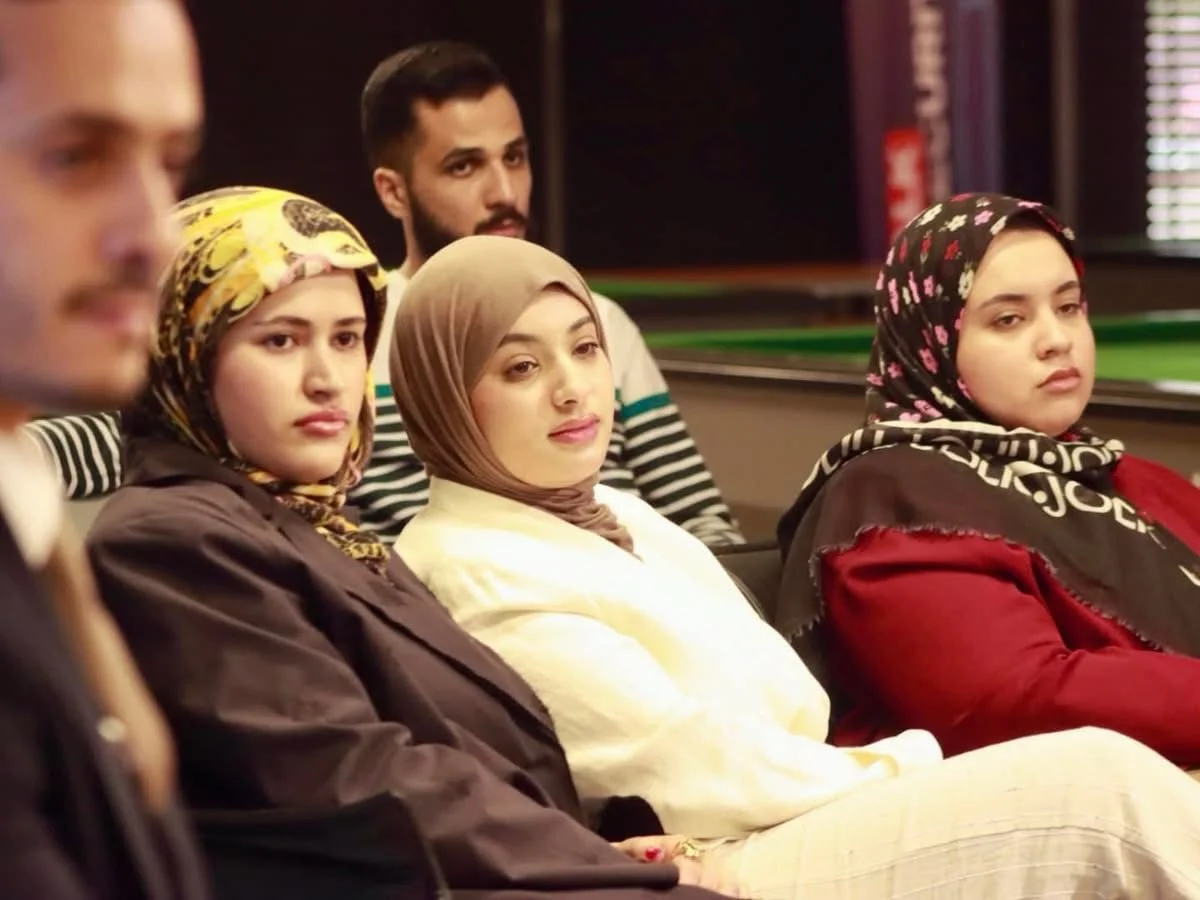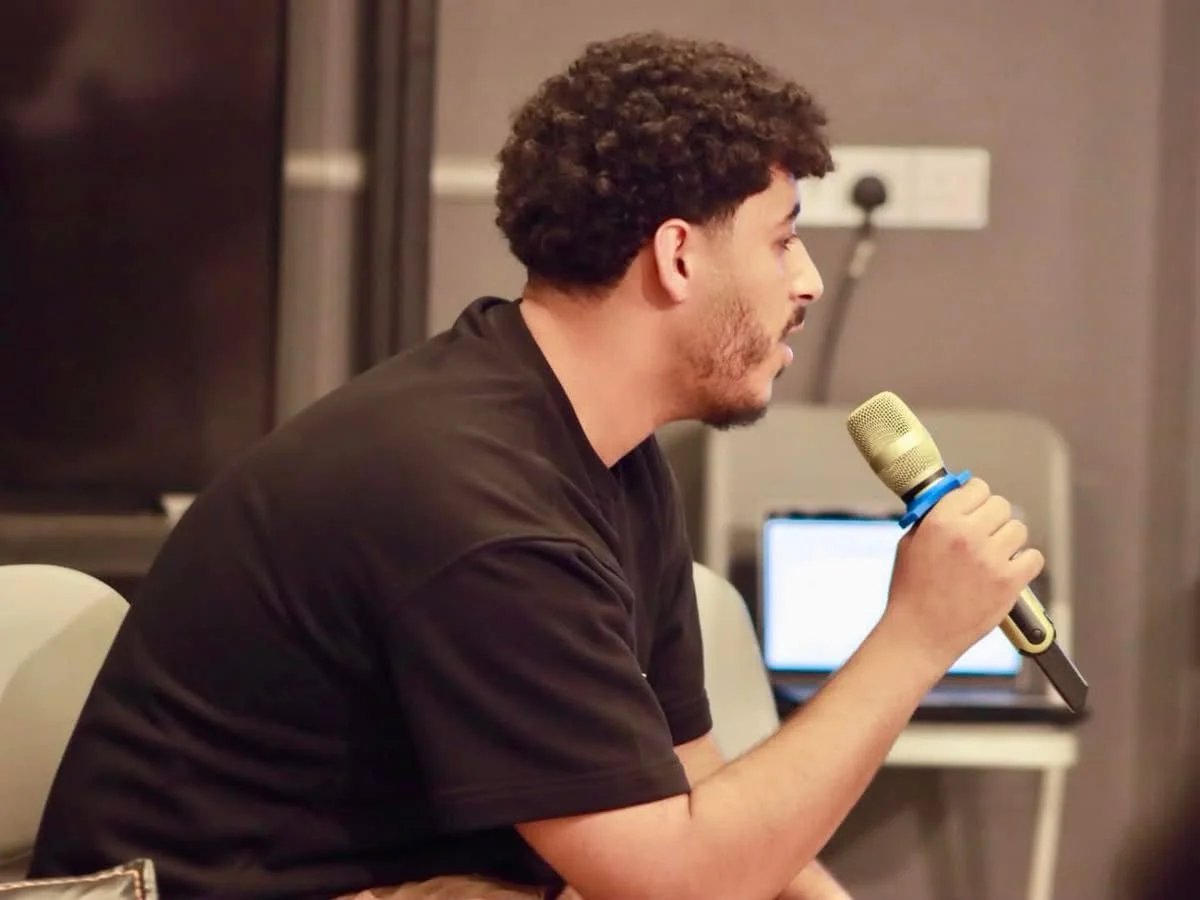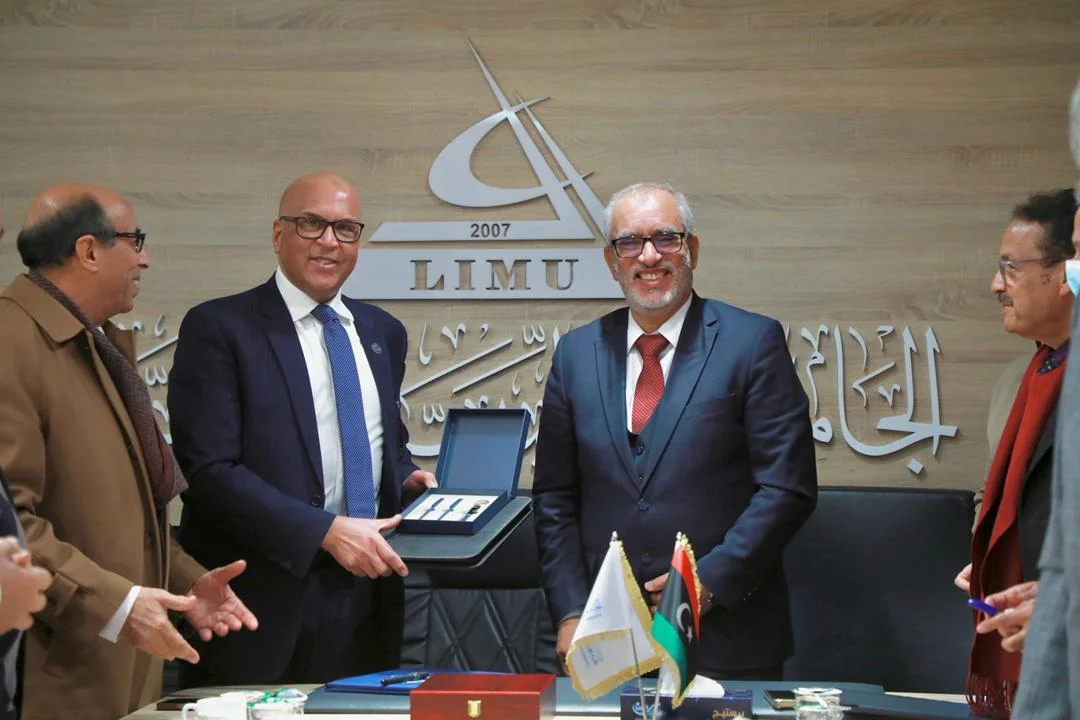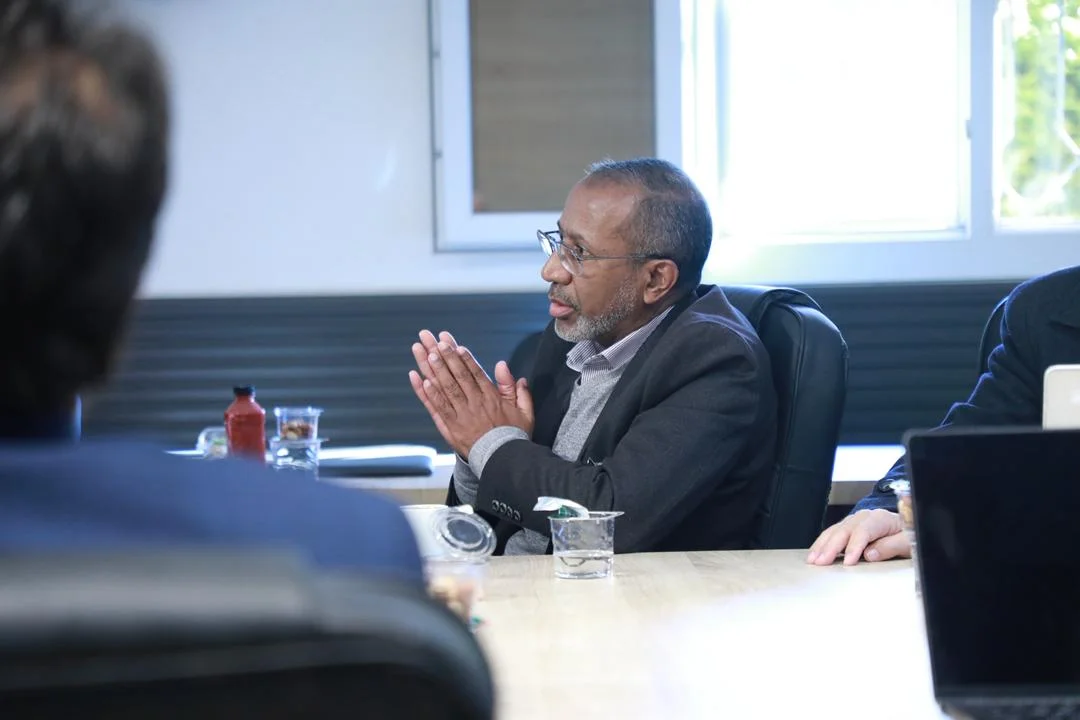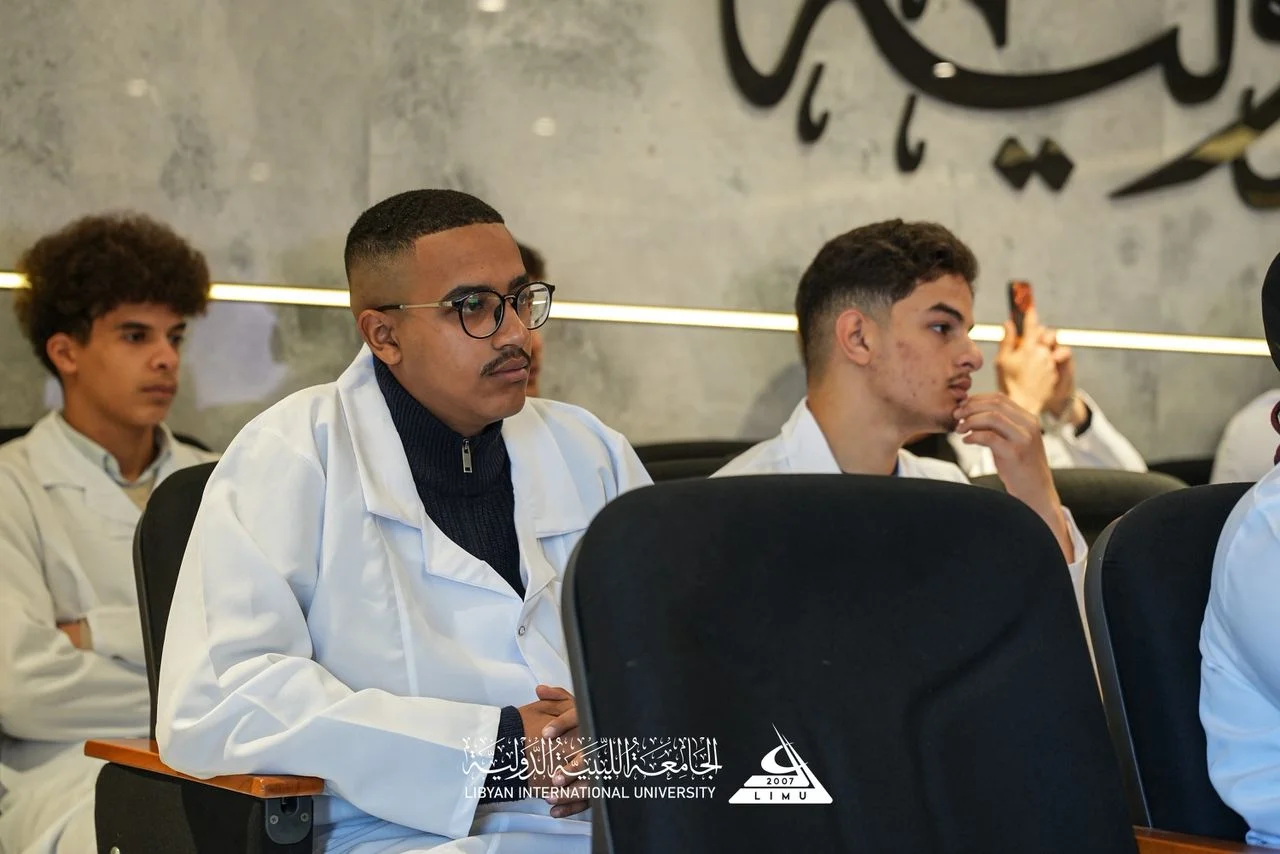In celebration of World Intellectual Property Day, the Community Responsibility Office, in collaboration with the Law Club of the School of Social and Human Sciences at Libyan International Medical University (LIMU), organized a panel discussion titled “Made in Libya.”
The event took place on the evening of Monday, April 28, 2025, in the Ali Khalifa Al-Zaidi Hall.
Dr. Abdelwahid Al-Lafi opened the session by introducing the audience to the concepts of intellectual property and its importance for safeguarding innovation.
Moderator Ms. Fatima Al-Zahraa posed several questions regarding how innovators and start-ups can protect their IP rights, and what impact this protection has on the quality and export potential of Libyan products.
Dr. Abdulrahman Boushaala discussed the role of trademarks in strengthening Libyan-made goods. Dr. Huda Al-Zuwi highlighted the main legal and economic challenges faced by Libyan innovators in today’s changing environment.
Attorney Ali Al-Saayti then provided an in-depth overview of the legal mechanisms for protecting intellectual property rights.
Mr. Taha Al-Sheikhi from Al-Nama Bank shared the Libyan banking sector’s perspective on financing start-ups, outlining the financial and regulatory commitments required of banks supporting such ventures. Music producer Ahmed Deebani enriched the discussion by describing how he protects his creative works on digital platforms.
Several young entrepreneurs presented inspiring Libyan start-up examples—“Mukhalif,” “7050,” and “Perla” sea salt—emphasizing the crucial role of IP in safeguarding their innovations.
Participants agreed on the need for a coordinated effort among government agencies, academic institutions, and innovators to build a comprehensive system that supports intellectual property and protects Libya’s creative economy.
This event underscored LIMU’s commitment to raising awareness about IP rights, showcasing Libyan achievements in innovation and the arts, and calling for greater protection of local creativity as a step toward sustainable economic development
